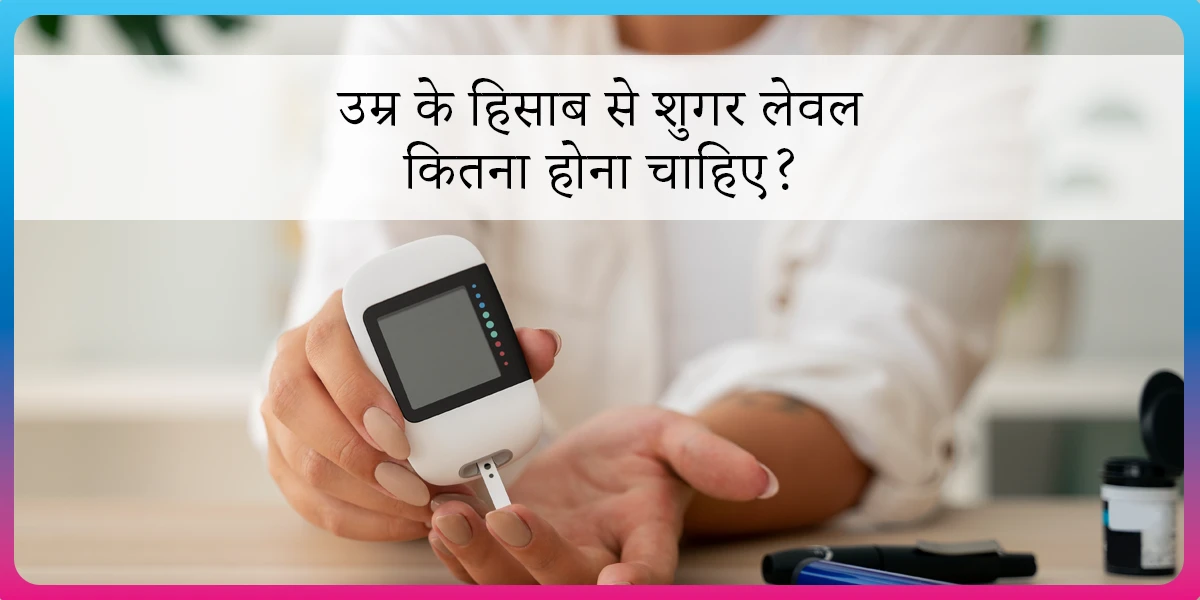Debunking Myths: DTx as a Partner, Not a Replacement

The advent of digital therapeutics (DTx) has sparked excitement and innovation in healthcare, particularly in managing chronic diseases like diabetes. A common misconception has emerged as these technologies become increasingly sophisticated: the idea that DTx will eventually replace doctors.
In reality, DTx is designed to complement traditional treatment plans, serving as an essential partner rather than a substitute. This blog aims to debunk the myths surrounding DTx and explore how they can enhance the work of doctors, particularly in diabetes care.
Dispelling the Myth: DTx and the Essential Role of Doctors
One prevalent myth about digital therapeutics is that they will completely replace doctors. This misconception stems from a misunderstanding of what DTx actually offers.
While digital therapeutics provide patients with a variety of tools and resources, they are not designed to function independently of medical expertise.
Doctors are indispensable in managing diabetes because they can assess complex health conditions, make informed decisions, and tailor treatment plans based on individual needs. DTx cannot replace the meticulous understanding and judgment that doctors bring to patient care. Instead, these technologies serve as valuable tools that assist doctors in delivering more personalized and effective care.
Combining DTx with Established Diabetes Care for Better Outcomes
DTx can play a pivotal role in enhancing diabetes management through several key features:
1. Continuous Data Collection and Monitoring
Digital therapeutics excel in collecting and monitoring patient data continuously, providing insights that were previously inaccessible. Devices like continuous glucose monitors (CGMs) and wearable fitness trackers allow patients to record their glucose levels, activity, diet, and other critical health metrics in real time.
This wealth of data offers doctors a more comprehensive view of their patient’s health, enabling them to make informed adjustments to treatment plans.
2. Data-Driven Decision Making
The continuous data and insights provided by DTx allow doctors to offer more tailored treatment plans, demonstrating a commitment to personalized care that builds trust and strengthens the doctor-patient relationship
This use of advanced technology supports doctors in making data-driven decisions, which can lead to improved adherence to treatment plans and better health outcomes for patients.
3. Personalized Coaching and Medication Reminders
DTx platforms often include features that provide personalized coaching and medication reminders. These tools are designed to keep patients engaged in their treatment plans and adhere to prescribed regimens.
Personalized coaching, delivered through digital platforms, offers tailored advice and motivation to patients, helping them navigate the challenges of living with diabetes. By reinforcing healthy habits and providing emotional support, these tools augment the care provided by doctors, fostering a collaborative approach to diabetes management.
4. Educational Resources and Support Tools
Education is essential for effective diabetes management, and DTx provides a wealth of resources that empower patients to make informed decisions about their health. Digital platforms often offer educational materials, such as videos, blogs, and interactive modules, that cover a range of topics related to diabetes care.
Other interventions, such as meal planners, exercise trackers, and stress management techniques, are also commonly integrated into DTx platforms. These resources enable patients to understand their condition better and adopt lifestyle changes that support their treatment goals.
By complementing the education and guidance provided by doctors, DTx helps create a more informed and engaged patient population.
5. Doctors Elevate Diabetes Care with DTx
Doctors play a crucial role in integrating digital therapeutics (DTx) into diabetes care by leveraging their expertise to enhance patient outcomes. They must carefully evaluate and select the most appropriate DTx for each patient, considering the patient’s technological comfort, the technology’s specific features, and how well it integrates with existing treatment plans.
Additionally, doctors are indispensable in interpreting the vast amounts of data generated by DTx. They analyze this data to identify trends and make necessary adjustments to treatment plans, allowing for early intervention and optimizing patient care.
Beyond the technical aspects, doctors provide the essential human connection and empathy that technology alone cannot offer. They offer guidance, support, and reassurance to patients, helping them navigate the emotional and psychological aspects of living with diabetes.
By using DTx as a tool to enhance patient interactions, doctors can foster meaningful conversations and develop stronger therapeutic relationships. This collaboration between doctors and digital platforms ensures a comprehensive approach to diabetes management, ultimately leading to better patient outcomes.
DTx, a Valuable Partner in Diabetes Care
The integration of DTx into diabetes care underscores the importance of collaboration between technology and medical expertise. As doctors continue to guide patients in selecting and utilizing digital therapeutics, they remain at the forefront of delivering personalized, effective, and compassionate care.
DTx serves as a valuable partner, reinforcing the doctor’s role as proactive and patient-centered, ultimately leading to more effective and trusted diabetes care.
This blog provides general information for educational and informational purposes only and shouldn't be seen as professional advice.
Want to know how can Fitterfly enhance your practice and improve patient outcomes?




















